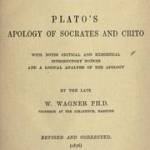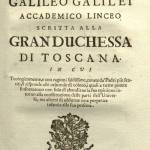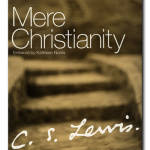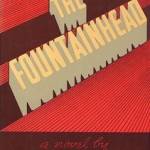The last question on my Introduction to Philosophy exam was:
 In your judgment, what is the most dangerous work we read this semester? First give a clear and sympathetic presentation of the work’s important themes; second, state your criterion/criteria of dangerousness; finally, explain why you think the work is dangerous.
In your judgment, what is the most dangerous work we read this semester? First give a clear and sympathetic presentation of the work’s important themes; second, state your criterion/criteria of dangerousness; finally, explain why you think the work is dangerous.
Eighteen students took the exam. Below I present the number who chose each author and a sense of their reasons for doing so.
Two students chose René Descartes:
* While he is very hard to understand, his skepticism about the senses undercuts everything, including things that are very important to people.
* He was willing to believe that everything around him was not real and so lost all sense of reality.
Three students chose Galileo Galilei:
 * He put himself in great danger by challenging the most powerful institution of his time, the Church.
* He put himself in great danger by challenging the most powerful institution of his time, the Church.
* He overturned a long-held belief without knowing what the consequences would be for himself and society.
* While challenging the literal truth of the Bible is reasonable, it’s going to cause a lot of social conflict.
Three students chose C. S. Lewis:
* His account of faith is based on emotions and it’s hard to tell emotionally if what you believe is right.
* While most of his moral beliefs about sex, money, and obedience are outdated, if people followed his old-fashioned ideas they would be unhappy.
* He is a strong Christian but not all Christians will agree about some of the things he argues.
Four students chose Ayn Rand:
* She urges people to be free from society’s rules and to be creative and independent. But society needs people who follow firm rules, not people who make up their own rules which may be antisocial and destructive.
* She opens the door to breaking society’s chains and structures, and since it is so inspiring it could lead to too much change and society could collapse.
* She gives people the idea that they can live however they want.
* In the context of time in which she wrote it, she bucked the prevailing norms and was totally counter-cultural.
 And six students chose Sigmund Freud:
And six students chose Sigmund Freud:
* His writings “are most in conflict with what I believe” but “rings the most true” and so are disruptive.
* Freud most goes against this culture’s norms and so stirs up angry reactions.
* He goes so much against regular everyday human beliefs.
* He believes we will never be happy with ourselves or be able to find contentment.
* He’s too pessimistic and mocks faith.
* He so strongly undercuts people’s faith.
So I hereby declare Civilization and Its Discontents to be the most dangerous philosophy book this fall 2013 semester.
Related: More posts on each author above at my Intellectual History page.

Interesting, Dr. Hicks. Thank you for sharing!